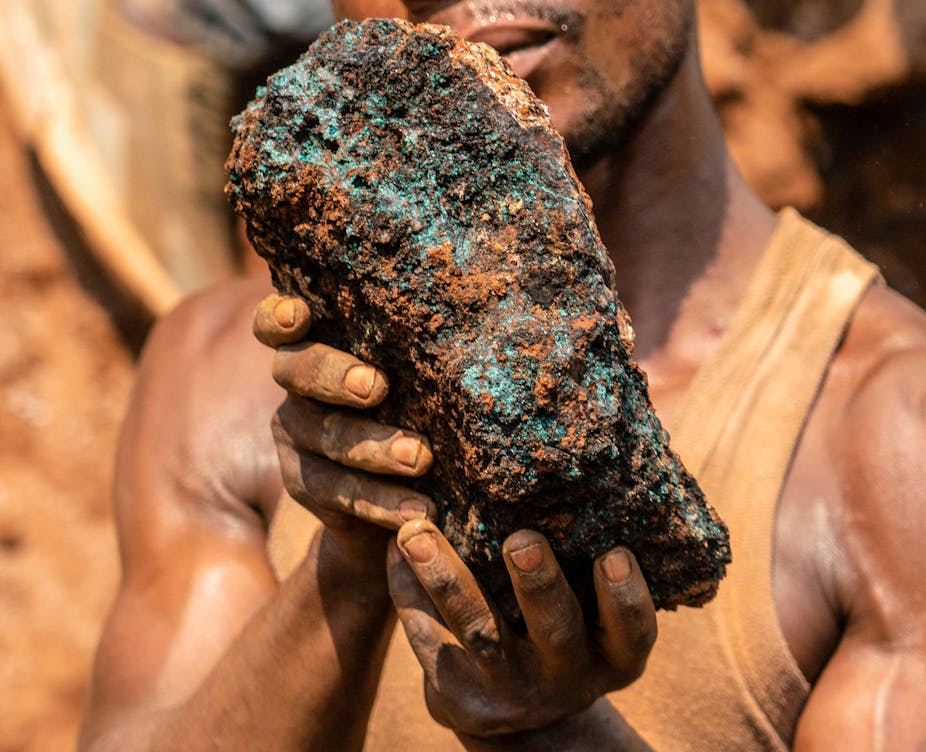NEW YORK TIMES
After Boko Haram fighters threatened them, they could not risk staying. Over a decade, the extremist group had killed tens of thousands of people in the cross-border scrubland around them. So the residents of Mafa, a village in northeast Nigeria’s Yobe State, fled in terror.
About two weeks after that evacuation in late July, according to a village leader, a local official told them it was safe to go back.
“The government assured us that everything is OK and nothing is going to happen,” said Mai-Bano Kanembu, the community head of Mafa.
The official named by Mr. Kanembu denies encouraging villagers to return. But return they did.
It was a catastrophic decision that ended last Sunday in fighters killing dozens of villagers, mostly men and boys, and burning Mafa to the ground. At least 170 people were killed, according to Mr. Kanembu and Ibrahim Hassan, a local farmer who helped recover the bodies, and more are missing. A statement listing purported grievances against the village was left at the scene in the name of Islamic State West Africa Province, known as ISWAP, a Boko Haram splinter group.
The attack was a brutal eruption in a conflict with Islamist extremists that has rumbled on for over a decade. Last year, this same group perpetrated three of the 20 deadliest terrorist attacks worldwide, according to the Institute for Economics and Peace’s Global Terrorism Index. But more people were killed in the assault on Mafa than in all three of those attacks combined.
It came on the heels of another major attack in West Africa — on Barsalogho, a town in Burkina Faso, where members of another terrorist group killed as many as 400 people on Aug. 24, according to victims’ relatives.
Boko Haram, founded in the early 2000s, became infamous internationally in 2014, when the group kidnapped hundreds of schoolgirls, known as the Chibok Girls. In 2016, the group split, with one faction, ISWAP, securing recognition from the Islamic State in Iraq and Syria.
After years of factional conflict, ISWAP has recently regrouped, according to the International Crisis Group.
Mr. Hassan, the farmer, said he was returning to Mafa on Sunday after a long day’s plowing when he saw the fighters arrive on dozens of motorbikes, splitting into three groups to surround the village. He hid when he saw them.
When they had passed, he climbed a tree to see what was happening. It was around 4 p.m., and villagers were gathering in the mosque for prayers.
“The next thing we started hearing was rapid gunshots and smoke billowing from all directions,” Mr. Hassan said in a telephone interview.

